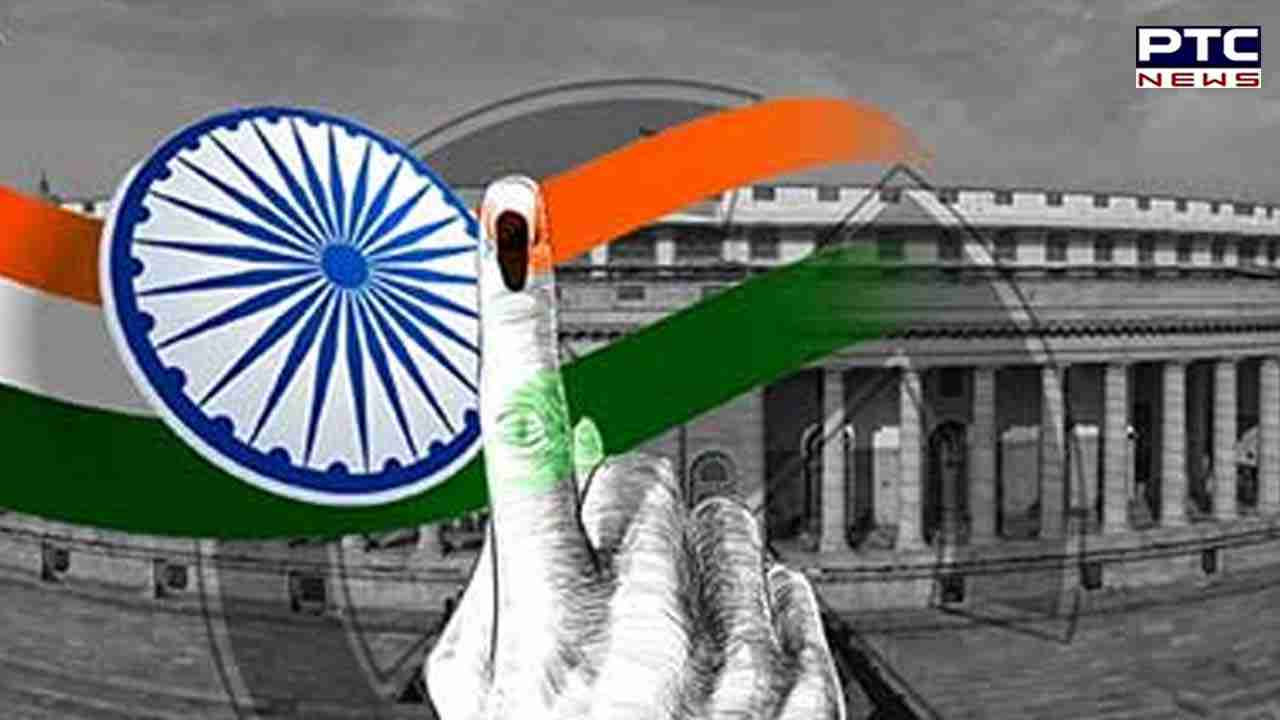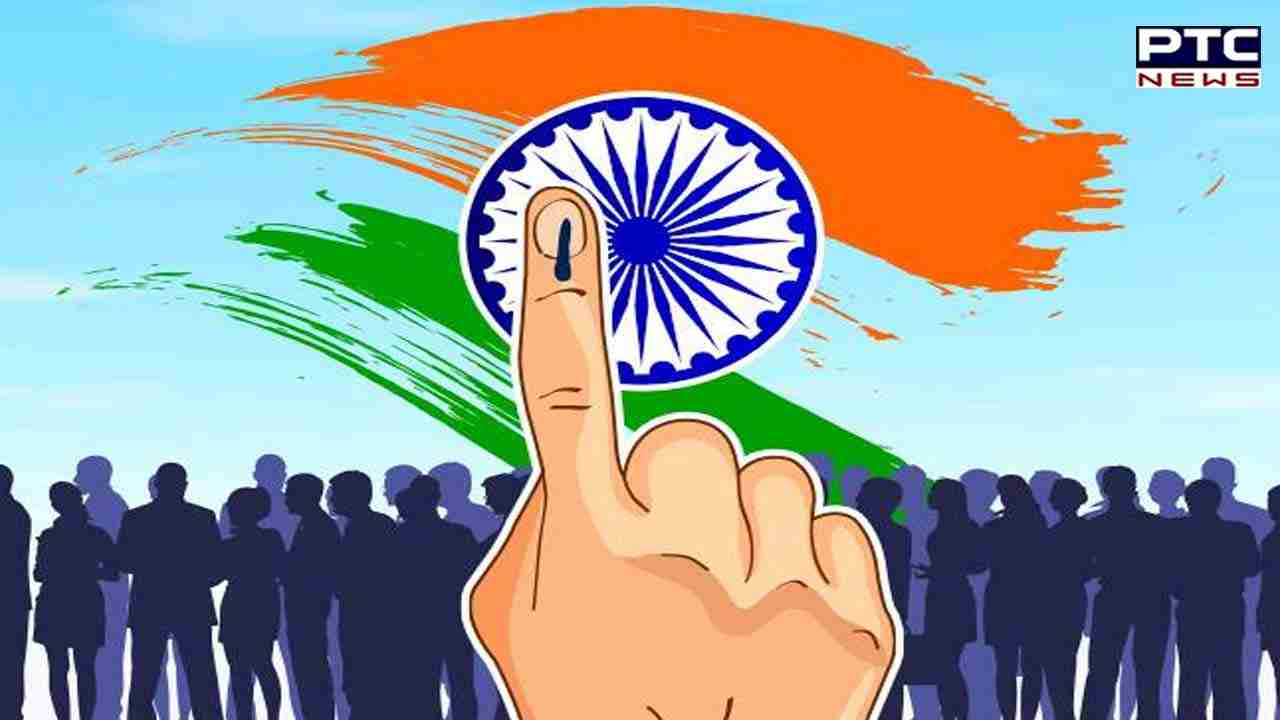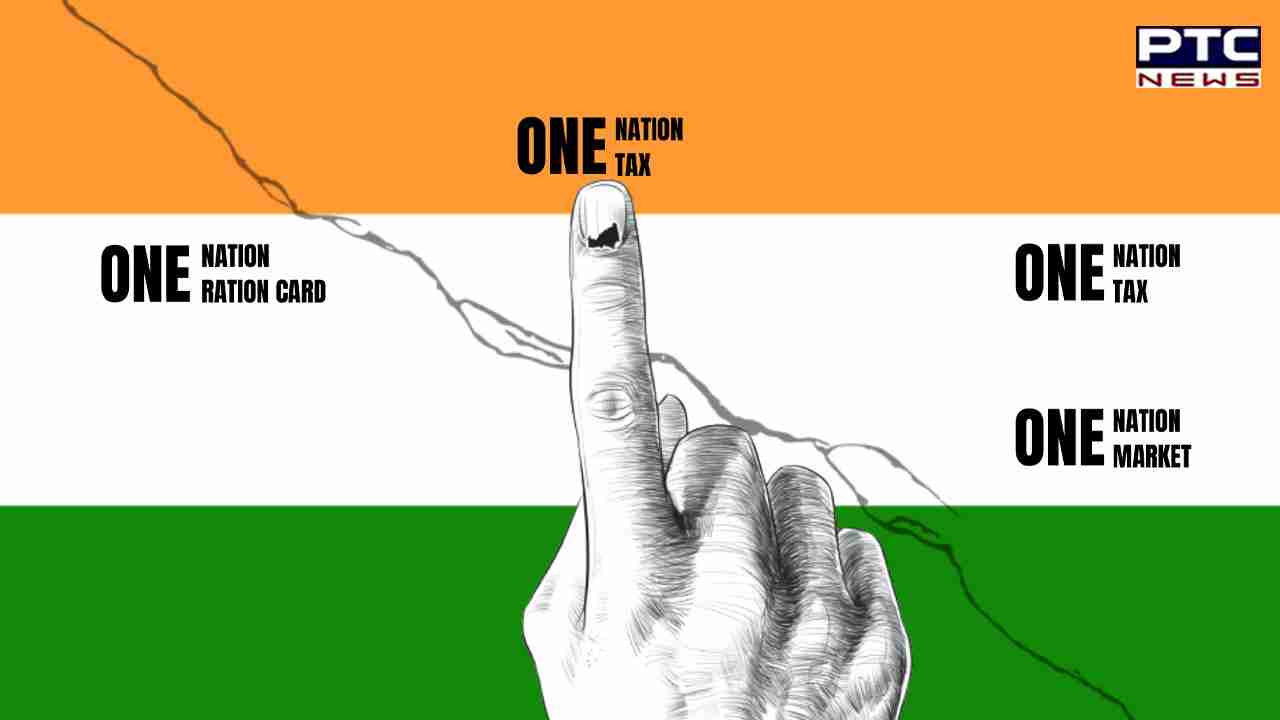Opinion | Going beyond immediate polls and expenditure: The vision of 'One India, One Election'
Concurrent 2024 elections may reduce poll costs by 20-30%, contingent on the Election Commission's efficacy and political parties' cooperation
One India, One Election: The concept of "One India, One Election" has been gaining traction in Indian politics as a potential solution to the escalating costs and constant electoral campaigns that have become synonymous with the country's democracy. Advocates of this idea argue that simultaneous elections at various levels of government could lead to substantial cost savings and a more efficient electoral process. However, a critical examination of this proposal reveals that its success hinges on a broader range of reforms, including curtailing voter inducements, enhancing the effectiveness of the Election Commission, and fostering a culture of political collaboration beyond elections.

The escalating costs of elections
Election expenditure in India has been on a relentless upward trajectory over the years. In 2014, the Lok Sabha elections cost an estimated 30,000 crores, a figure that surged to 60,000 crores in 2019. Additionally, state election spending has also witnessed a significant increase. This escalating expenditure raises concerns about the sustainability of such costs, especially for a developing nation like India.

The "One India, One Election" proposal, while a step in the right direction, is unlikely to lead to a substantial reduction in election spending on its own. Realistically, it can marginally reduce costs associated with travel, printing, media campaigns, and logistical arrangements at the booth level. However, unless the prevalent practices of voter inducements, candidate selection, and campaigning are reined in, significant reductions in poll expenditure remain elusive.
Addressing the "note for vote" phenomenon
One of the most pressing issues in need of reform is the phenomenon of "Note for Vote." This practice, as described in "Good Governance" (Sage 2013), refers to the rampant use of money and incentives to woo voters. Unless this issue is effectively addressed, any hope of substantial cost reduction in elections remains a distant dream. The "One India, One Election" proposal must prioritize curbing the culture of voter inducement to have a meaningful impact on poll expenditure.
Changing the campaign culture
The proposed move towards simultaneous elections should not only focus on the logistics of holding elections at multiple levels concurrently but also on transforming the campaign culture in India. The constant preoccupation with polls and the relentless pursuit of voters need to give way to a more routine and less extravagant electoral process. The election campaign period should be confined to one week, allowing for a more balanced and constructive engagement between political parties and citizens.

Cultivating collaboration beyond elections
To make "One India, One Election" a success, it is imperative for political aspirants to foster a culture of cooperation and collaboration that extends beyond election cycles. While simultaneous elections at the Lok Sabha and state assembly levels are feasible due to their legislative nature, the elections for Panchayats and Municipalities, which are local self-governing bodies, might benefit from a non-party-based approach, at least on an experimental basis. Such an approach could help depoliticize local governance and reduce campaign-related expenditures.
The enormous cost of inaction
Without significant initiatives to address the issue of constant campaigning and voter inducement, the total poll expenditure at all levels in India is projected to reach ₹10 lakh crore. The Lok Sabha election in 2024 alone is expected to cost around ₹1,20,000 crore, with even higher costs for state and local body elections. These estimates are based on extensive field studies, tracking of campaigns spanning two decades, and in-depth case studies in municipalities and villages.
The "One India, One Election" proposal holds promise for streamlining the electoral process and reducing poll expenditure, but its success is contingent on a broader set of reforms. Curbing voter inducements, improving the effectiveness of the Election Commission, and fostering a culture of political collaboration are essential components of any comprehensive electoral reform agenda. India must recognize the urgency of these reforms to ensure the sustainability of its democratic processes and the effective utilization of resources in the years to come.